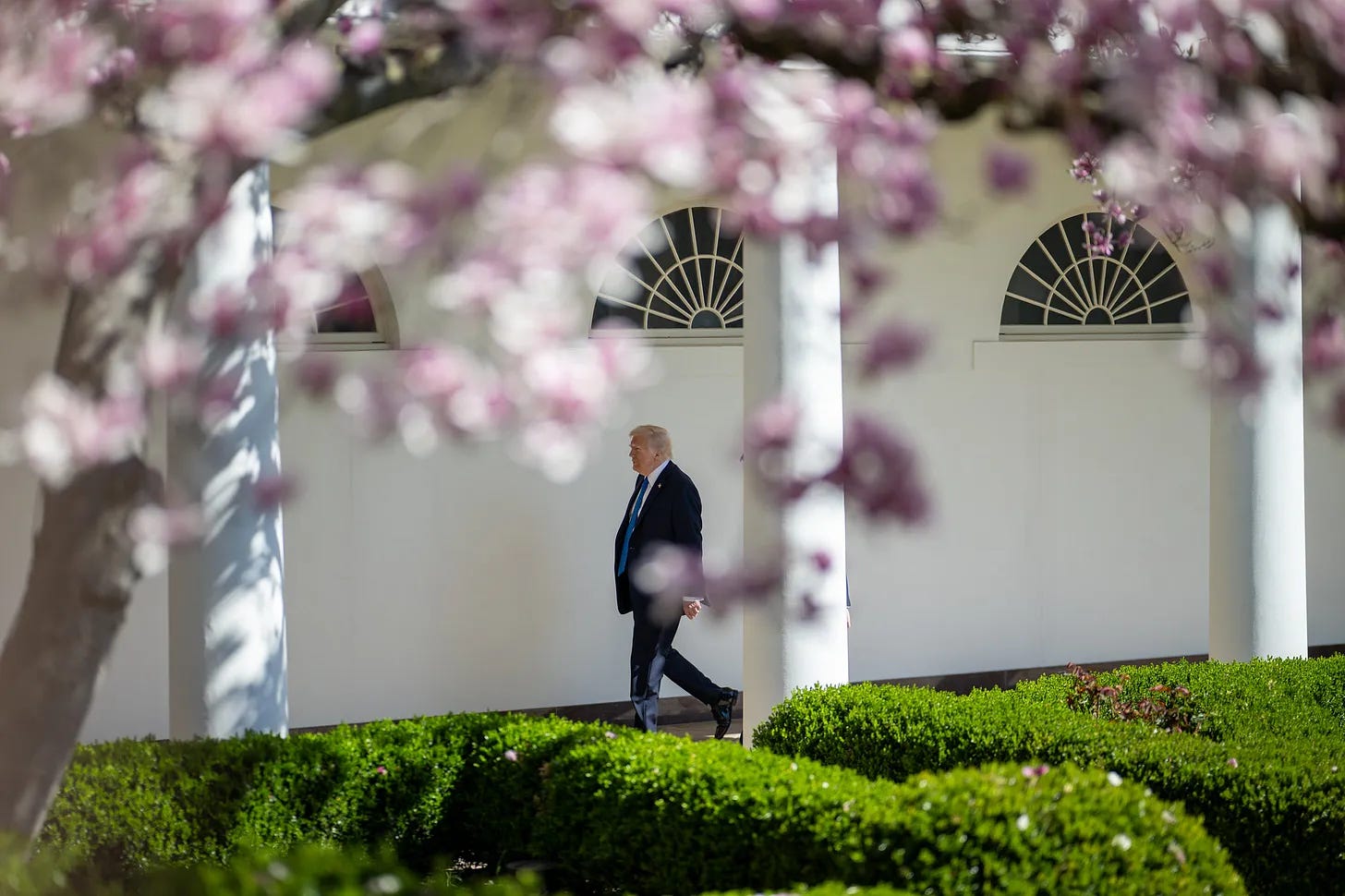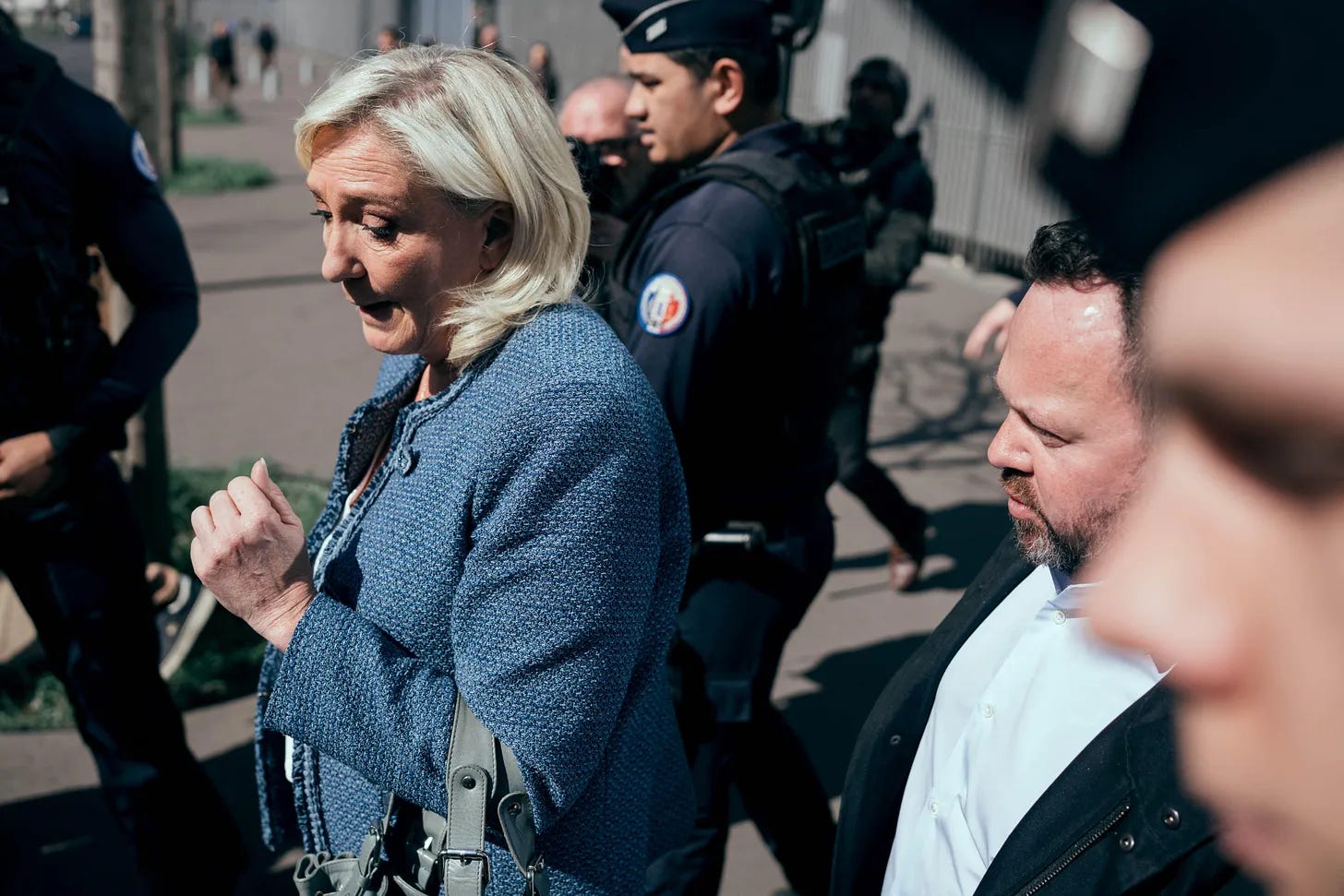
On a day being coined “Terrible Tuesday”, the economic picture for Britain is, at the risk of sounding like a broken record, not a pretty one.
The cost of living is set to rise for millions of UK households today as they prepare to pay more for everything from energy and water to broadband, TV licenses and public transport, all the while enduring higher council tax bills, vehicle and capital gains taxes.
Gas and electricity bills are going up by an average of £111 a year, or £9.25 a month, to £1,849. The standard measure of council tax, the average annual band D bill, will be £2,280 from 1 April, an increase of £109 on 2024-25. And water bills in England and Wales are rising by £10 more per month on average, albeit with big variations depending on region and water company.
Why the steeper costs?
While some bill increases are always scheduled for the start of April to match the rate of inflation, energy regulator Ofgem blamed “rising global wholesale prices” for the higher-than-expected rise to fuel bills. And councils and water companies insist a bill hike is desperately needed to pay for investment in services.
Further compounding this strained economic outlook, so-called “liberation day” looms: Donald Trump is preparing to unveil a massive slate of import taxes tomorrow on all of America’s main trading partners.
He is keeping world leaders guessing over exactly what sort of tariffs will be announced, meaning the impact on the UK is unclear. But, given that the US is Britain´s largest single export market, any levies at all spell trouble.
The EU insists it is “ready to retaliate”, and is threatening to impose further tariffs on the US from 13 April. Starmer is taking a different approach, insisting Britain must avoid a “knee-jerk response”, while indicating that the UK wouldn´t immediately reach for retaliatory tariffs.
Why? Perhaps because UK ministers are still hoping they can persuade Trump to negotiate a carve-out for Britain, which is in the “best possible position of any country” to have Trump reverse any tariffs announced tomorrow, inisits Trade Secretary Jonathan Reynolds. An exemption would likely require, amongst other things, the UK agreeing to scrap the digital services tax that is largely levied on American tech giants and brings in about £800m in tax per year.
Yet ministers appear to be conceding that no carve-out deal will be secured in time to avoid the UK being, at least initially, hit: foreign secretary David Lammy warned MPs that Britain must “prepare for the worst” tomorrow.
If the UK did become an outlier in Europe in avoiding Trump´s tariffs, it would boost the domestic economy both in the sense that UK goods would face less competition in the US market, and that it would create a big incentive for European manufacturers to shift production to the UK, so that they too could avoid steep import taxes.
That said, even if Britain managed to escape levies, it would still be indirectly hit by ones imposed on other countries if the result is higher inflation in the global economy.
All of which creates a further headache for Rachel Reeves. The painful and politically costly cuts to public spending and sickness and disability benefits made in last week’s Spring Statement enabled the chancellor to restore the degree of headroom for meeting her fiscal targets to exactly the level she pencilled in to last October’s Budget: £9.9 billion.
But, as Ian Stewart writes in Reaction, in an economy where GDP runs at £3tn and government spending is around £1.35tn, a cushion of £9.9bn is hardly even a rounding error, and liable to be demolished by adverse shocks.
“Liberation day” could easily cause this narrow fiscal headroom to be wiped out once again.
Caitlin Allen
Deputy Editor
ON REACTION TODAY
Adam Boulton
Three times a Trump: the US President’s lust for perpetual power
Gerald Warner
Le Pen: judicial activism is a grave threat to democracy
ALSO KNOW
US investigating UK anti-abortion protest case - The Trump administration has warned UK ministers that it is “monitoring” the case of a British pro-life campaigner who is being prosecuted for protesting outside an abortion clinic. The State Department raised concerns over potential infringement of “freedom of expression” and speech.
Settlement agreed over Celtic abuse case - Celtic Football Club will pay millions of pounds to victims who were assaulted at its youth club, after more than 20 legal claims with 30 former players launching class action. Numerous former coaches and officials have been recently convicted for offences spanning decades. Celtic is yet to comment on the settlement.
Chinese foreign minister speaks on Russia - China’s foreign minister Wang Yi has described Russia as “friends forever, never enemies,” during a three-day visit to Moscow for talks over strategic cooperation. Xi Jinping has met Vladimir Putin over 40 times in the last decade and ties have between the two countries have deepened amid the war in Ukraine.
Putin issues Russia’s largest military call-up in years - Vladimir Putin has called up 160,000 men, the highest number of conscripts since 2011, aged between 18 and 30 in an effort to expand Russia’s military.
FIVE THINGS
Must Europe always take every opportunity to miss an opportunity? Brendan Simms and Lukas Schmelter in Engelsberg Ideas.
Are we taking A.I. seriously enough? Joshua Rothman in The New Yorker.
Marine Le Pen was convicted - yet few rulebreaking MEPs end up in court. Bruno Waterfield in The Times.
Putting the screws on the partnership between North Korea and Russia. Choong-Koo Lee in War On The Rocks.
Ten weeks that shook the world. On many fronts, and with deliberate haste, America is vaporising its soft power. Edward Luce in The Financial Times.














